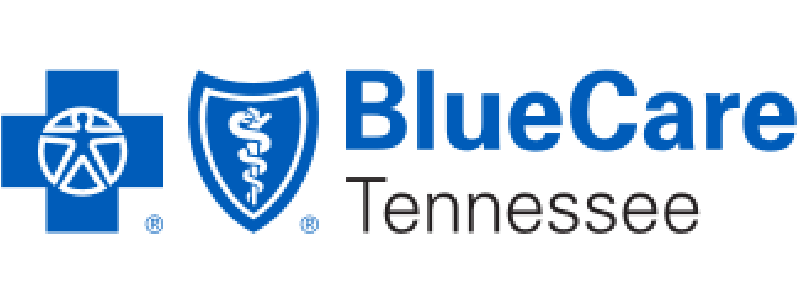





Addiction treatment near me is just one call away when you connect with Recovery Now to inquire about medication-assisted treatment. Our MAT program is designed to be flexible and convenient, so you won't have to uproot your life in order to get help for an addiction. Our helpline is always open; call Recovery now at 615-416-8010.
Recovery Now can provide medication to help you stop using opioids. With Suboxone treatment, you can reclaim your life from the grip of addiction. Recovery Now has three convenient locations in Tennessee to better serve you: Nashville, Clarksville, and Ashland City. Call 615-416-8010 to speak with a counselor.
You don't have to travel far to find a Suboxone clinic that's close to home. Recovery Now treats opioid addiction using the latest medication proven to be both safe and effective. If you'd like more information about Suboxone treatment, feel free to contact an admissions specialist from our clinic by calling 615-416-8010.
Your search for a Suboxone clinic near me ends at Recovery Now, one of the most reputable opioid recovery centers in Tennessee. We treat opioid addiction with Suboxone, Subutex, Zubsolv, Sublocade, and Vivitrol in a professional setting that is conducive to healing. Find out more about recovery by calling 615-416-8010.
Recovery Now offers hope for patients who are searching for affordable Suboxone doctors near me. If you thought Suboxone treatment was too expensive or that you had to travel to another state for treatment, you'll find that we can provide opioid treatment that is affordable and convenient when you contact us today.

Any patient who uses an opioid or opiate may become dependent on the substance. Opioids reduced the ability to perceive pain and cause euphoria by attaching to opioid receptors in the brain.
The brief high experienced from opiate abuse is soon replaced by negative consequences that accompany addiction. Complications of opioid misuse include nausea, vomiting, constipation, fatigue, slow heart rate, shallow breathing and altered mental status.
Recovery NOW treats patients who suffer from opioid use disorder as patients with a legitimate disease rather than a moral failing.


Phone: (615)
416-8010
Phone:
(931) 494-8103
Fax:
(931) 494-8096



The most common course of treatment for an opioid addiction is medication-assisted treatment (MAT) and behavioral therapy.
A strong correlation exists between MAT and reduction of relapse.
Suboxone maintenance (MAT) combines buprenorphine/naloxone with counseling and behavioral therapies.
Most MAT programs use one or more of the following medications:














Establishes the dose of the medication

The minimal dose required to
avoid withdrawal symptoms is
established, the patient continues
to use the medication
and refrains from opioid use

Occurs once a stable minimal dose is determined
Suboxone treatment works by blocking opioid receptors, preventing overdose, and decreasing cravings for more opioids. Managing withdrawal symptoms and reducing cravings is the first step to overcoming addiction. Your doctor will develop an action plan specifically for you. Tennessee Medicaid subscribers have access to Recovery NOW as well as prescriptions in major pharmacies such as Walgreens and CVS.
Medically supervised withdrawal is the safest way to detox from opioids. Under the care of your doctor, you will receive a specialized plan based on your history.
As a patient, you receive the same level of care as you would going into a clinic but with less time traveling or in a waiting room. You will receive a personalized recovery plan and continue treatment until recovery is complete. Overcoming addiction may seem daunting, but Recovery NOW removes roadblocks by providing an easy way to access the care you need using the latest technology.
Telemedicine is covered by insurance companies as well as Tenncare (Medicaid) that covers the cost of treatment.


